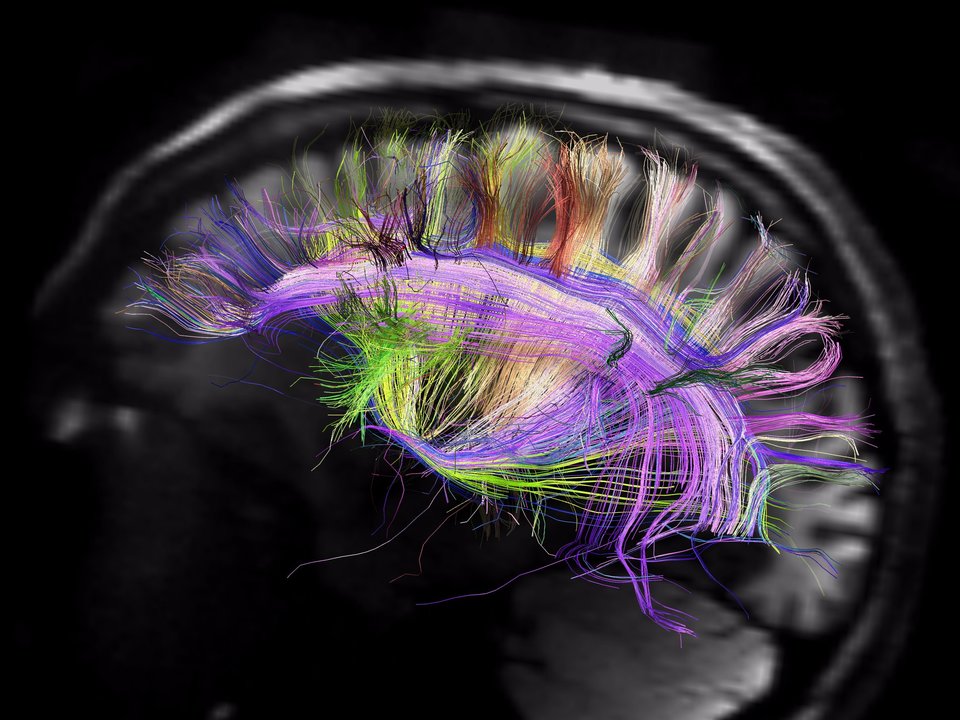
- Amid the day, mental action causes cerebrum cells to discharge beta-amyloid proteins, which are essentially squander side-effects. Rest washes down the human mind of these poisons.
- The development of these proteins is viewed as an indication of Alzheimer’s Disease.
- One night of awful rest can cause these Alzheimer’s-connected proteins to develop in the human mind, another examination found.
A standout amongst the most critical things that happens when we float off during the evening is a purging procedure: rest helps expel poisons from the human cerebrum.
Researchers as of late found that even one night of lack of sleep causes the development of a sort of protein that is known to make up the plaque that encompasses nerve cells related with Alzheimer’s in the mind.
Another investigation distributed in the diary Proceedings of the National Academy of Sciences showed this impact in the human mind out of the blue. The outcomes demonstrate exactly how genuine ceaseless lack of sleep may be after some time.
While scientists don’t have a clue about the correct reason for Alzheimer’s sickness, they have discovered that the brains of individuals with Alzheimer’s by and large have higher groupings of beta-amyloid proteins. The proteins make up a plaque that is related with the sickness and is thought to meddle with motioning between cerebrum cells.
In the current examination, the beta-amyloid proteins developed in restless members paying little respect to whether they had a variation of a quality that is related with a higher danger of Alzheimer’s. That demonstrates an absence of rest could assume a part free of hereditary hazard.

The purging impact of rest
Beta-amyloid proteins are fundamentally squander results from the psychological movement cerebrum cells do amid the day.
The scientists behind the current investigation tried 20 sound subjects (10 ladies and 10 men between the ages of 22 and 72) following a decent night’s rest and following a night of lack of sleep. They utilized a method called positron discharge tomography (PET), which is fit for estimating beta-amyloid aggregation in the cerebrum.
The researchers found that even that one night of awful rest was sufficient to make beta-amyloid gather in a few sections of the mind where Alzheimer’s biomarkers are known to appear. That occurred in subjects paying little mind to their age or sexual orientation.
Obviously, the scientists likewise found that lack of sleep put the members in a terrible state of mind.
While the quantity of members in this investigation was little, the outcomes were sufficient to exhibit a natural impact. Researchers had already demonstrated a comparative impact in mice and in the cerebrospinal liquid of people, however it had not been seen in a genuine human cerebrum up to this point.
The scientists can’t decide out the likelihood that the more elevated amounts of beta-amyloid proteins in individuals’ brains were there in light of the fact that they kept on working up as study members were alert (instead of being higher on the grounds that they hadn’t been cleared while sleeping). Yet, the net impact is the same: more elevated amounts of Alzheimer’s-connected proteins in territories of the cerebrum where risky plaque is known to develop between cells.
It’s more likely than not the case that by getting great rest, it’s conceivable to compensate for the periodic poor night’s rest. Be that as it may, perpetual terrible rest could conceivably cause a more serious issue, since large amounts of beta-amyloid plaque among mind cells have been appeared to make it harder for individuals to rest.
That negative winding could possibly be a reason for Alzheimer’s.
There’s a whole other world to learn here about precisely how the gathering of beta-amyloid could cause Alzheimer’s (and about how well we can get that protein out). In any case, for the present, the analysts propose that enhancing your rest could be a decent method to ensure cerebrum work and keep the degenerative mind condition.
Original article by Kevin Loria